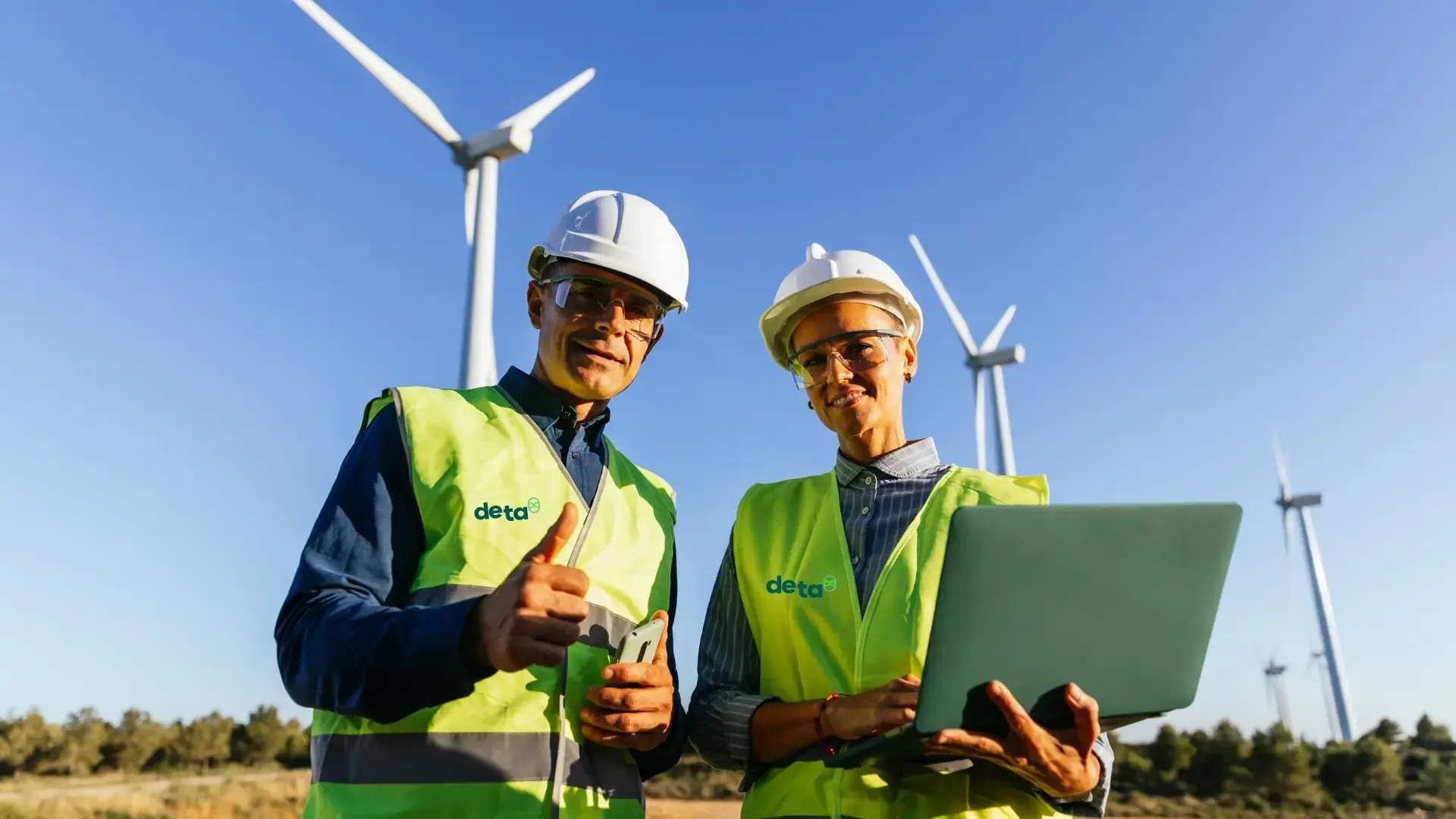Summer Student’s Thoughts
This summer we’ve had Luke Rundle to work with DETA’s team to save energy, implement project and optimise processes. Luke wrote a few words about his experience.
Right from the first interview I knew DETA was a company I would love to work for. Where other interviewers try and get you on the back foot hitting you with clichéd questions about what are your weaknesses that’s just not DETAs style. The interviewer seemed genuinely interested in what I had to say and it appeared that they didn’t just base his thoughts on what was on the paper in front of them. This atmosphere continued from my first day onwards.
DETA is a company that cares. They care about their work, their clients and getting the best result regardless of the circumstances. But they also care about their people. It allows an atmosphere where everyone is treated as equals where no idea is a bad idea and where everyone genuinely wants you to succeed.
This atmosphere of respect was reflected in the work I was given. They didn’t just get me filling in spreadsheets or doing paperwork. I got some amazing opportunities in visiting industry leading factories in both the meat and food processing industries and I wasn’t just observing. I took measurements, contributed to discussion (yes they listened), found solutions and washed my hands so many times. I gained a much greater understanding of process flow and more importantly how relationships can make or break a project.
I learnt so much in my time at DETA from the power of the mighty Microsoft BI to the processing procedure for a beef factory to not trusting anyone when they call six spades in 500 (it’s only indicative….). I’ve come out of the experience with a passion for process optimisation and energy management which is not something I could have imagined myself saying prior. I’m very thankful for the opportunity and could not have imagined a better way to do my summer internship.
For the third time, DETA’s interns have proved they are more than just students. They have strong background, valuable ideas, and extraordinary effort. We wish Luke best of luck in his future endeavours and are looking forward to working with a new intern.





